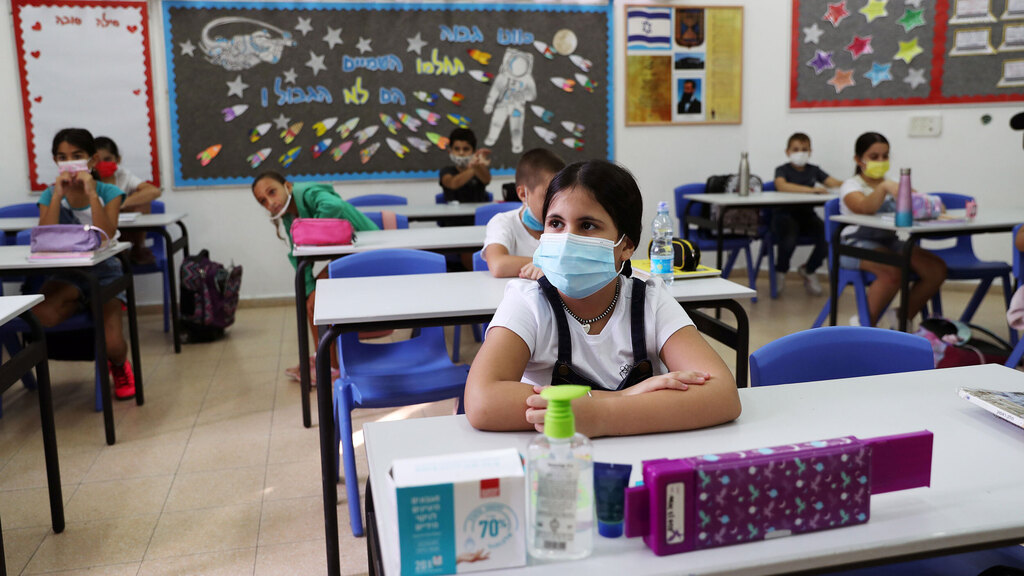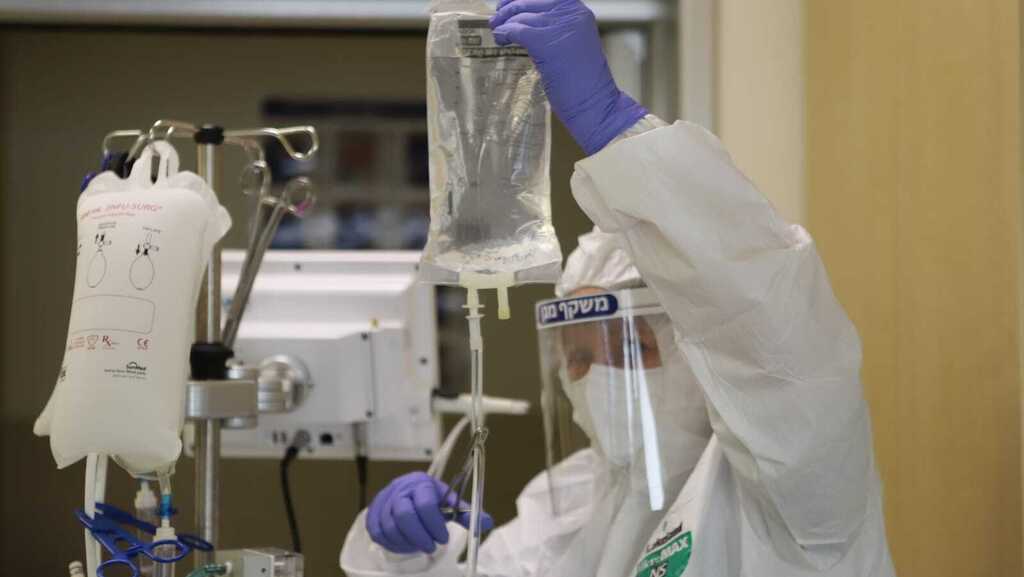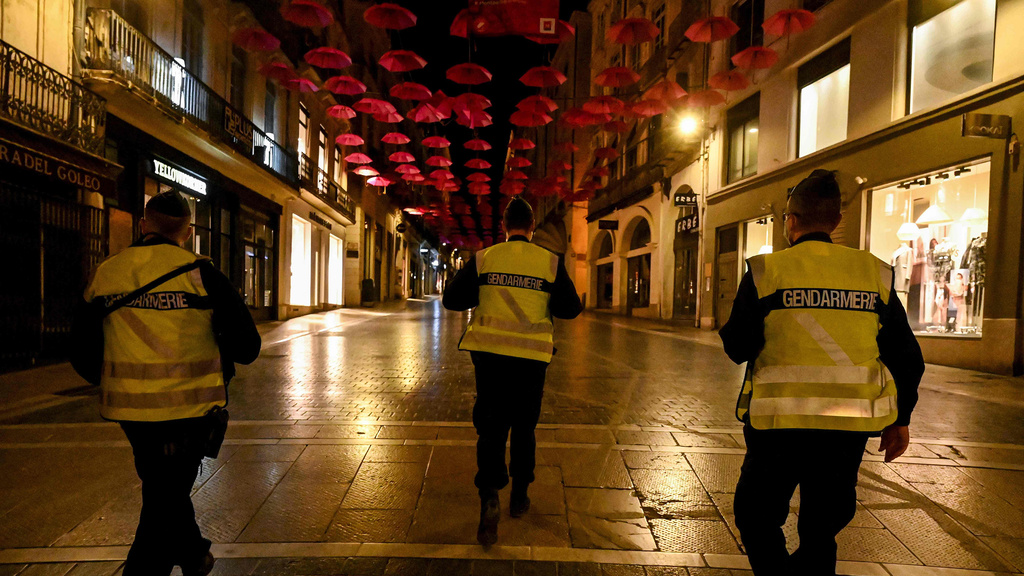The latest data shows Israel in a precarious state in terms of coronavirus spread and must be vigilant as it take the next steps out of its second national lockdown.
There may already be reason enough to roll back some of the measures taken to reopen the country but the fight against the virus is an exercise in risk management during a time of extreme uncertainty, and as such is difficult to explain to the population.
It is difficult to justify to Israelis why more restrictions are imposed by the government after a seemingly minor shift in positive tests.
The most important guiding principle in risk management is a quick response. Putting out the proverbial fire as soon as it is detected and before it can spread out of control.
Another guiding principle is that there is no such thing as zero risk in determining the proper policy in the battle against COVID-19.
It may be risky to allow young children back to school when they are isolated in small groups, but it is even more risky to allow them to attend full classrooms and mix with other kids either on the school bus or during after-school activities.
3 View gallery


Young students in Rehovot wear masks in class after schools reopened under health guidelines
(Photo: Reuters)
It is up to leadership to manage the risk and determine which is worth taking considering health, economy and education concerns.
The same risk measurement exists in every other aspect of a functioning society. As greater the chance of contagion in a certain economic or social activity, the longer it should remain out of bounds - and when it does resume, the quicker it should be shut down if infection rates rise as a result.
These measures can not be seen as having political calculations. They must be recognized solely as the result of a careful policy and concern for public safety.
Many countries in Europe have now decided to shut non-essential businesses and services including high street shops, markets, restaurants and bars, hotels, theatres and more.
The same calculation should be deployed in Israel, despite businesses pushing to reopen.
In light of recent spikes in COVID-19 cases across Europe, the government should indeed consider a nighttime curfew. Such a move would not stop the virus in its track but it would slow its spread at a minimal economic cost.
A nighttime curfew would also bring home the message that the virus is still with us and is no less dangerous that we believed it to be at the start of the pandemic.
When the ultimate solution is still out of our grasp, we must choose the next best answer and waste no time in implementing it.



